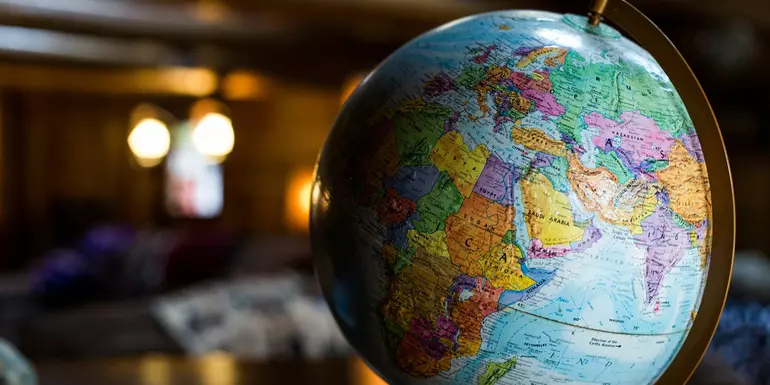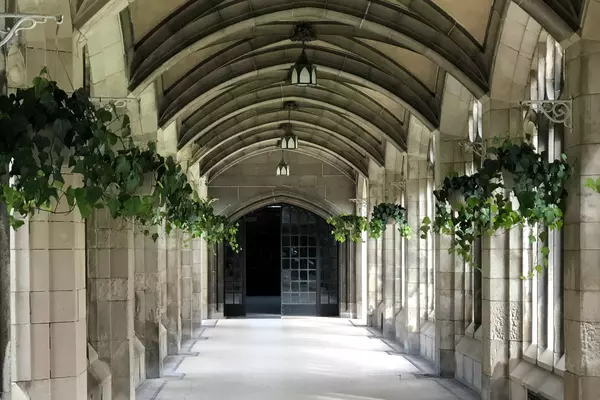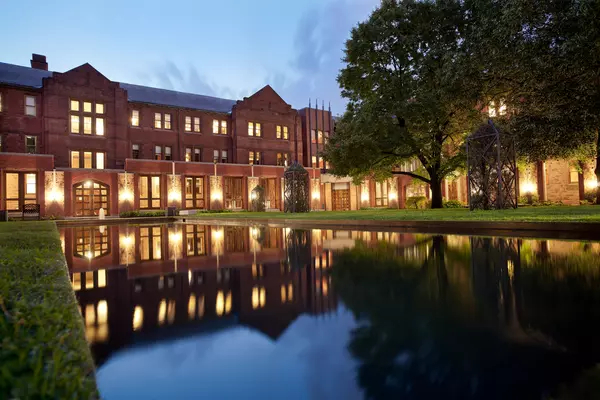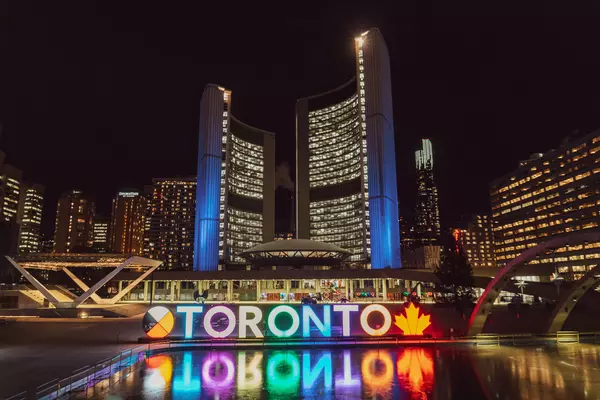Why study global affairs?
The world needs leaders, and those leaders need to understand complicated social problems, deep political disagreements, challenging economic environments, and coming changes to the climate that will reshape our world. Here at the Munk School, we train professionals to deal with these and many other issues. Our faculty includes world-renowned scholars of economics, political science, sociology, history, social work and other disciplines, alongside public policy practitioners who bring a wealth of hands-on experience in the public, private, and non-profit sectors.

When you join the Master of Global Affairs (MGA) program, you will learn to think critically about Canadian and global challenges. Your classes will push you to rigorously evaluate policies, to ask not just how things are done today, but how they can be done better. You will participate in a variety of student leadership initiatives, from Global Conversations to the Indigenous Policy Initiative. You will learn how to negotiate in complex strategic environments, how to adapt a government to the digital age, and how to lead a team of talented colleagues.
As a two year program, the MGA combines both academic and practical training. During your first year, you will be introduced to the core theories and tools of global affairs, covering topics like global security, development, human rights, innovation policy, and global markets.
The following summer, the expert staff of the School will help you find an internship that matches your skills and interests. In the second year, you will bring the experience of that internship back into the classroom and into your extracurricular activities while deepening your expertise and preparing to launch your career.
The University of Toronto is an international community, and your fellow students will come from all over the world. Our alumni, in turn, take positions all over the world. When you need to find an expert on Japan, you can go to the Centre for the Study of Global Japan. When you want to learn more about Ukraine, you can go to the Petro Jacyk Program for the Study of Ukraine. Whatever region of the world catches your interest today, you can find an expert to meet, a speech to attend, or a class to take that will answer your questions and give you a hundred new ones.
Daily life at the Munk School includes lots of classes, but just as importantly, you will spend your time surrounded by a rich community of peers, alumni, faculty, fellows, staff, and visitors.
On a single day, you might attend a class taught by a former high-ranking civil servant in the morning, have lunch with friends studying for their Master of Public Policy, attend a workshop on the authoritarian censorship on social media given by a visitor in the afternoon, and network with alumni in the evening.
From the day you arrive at the Munk School for our math-stats bootcamp until the day you walk across the stage in Convocation Hall to receive your diploma, you will be challenged to think both big and small. You will ask how a small business can find export markets and how the G7 can rescue a struggling world economy, how to best design a slide show about inequality and how to coordinate global action against human rights violations. Whatever challenges you will take on in your career, we hope you prepare for them by spending some time with us here at the Munk School of Global Affairs & Public Policy.
— Michael Donnelly, Director of Professional Master's Programs

A leading university
The University of Toronto is a global leader in research and teaching and Canada's top university. You will benefit from its excellent reputation, and from access to central U of T resources and services, including health and wellness, recreation, athletic facilities, social activities, clubs and other academic resources.
A leading school
The Munk School of Global Affairs & Public Policy is a leading school for research, teaching and global engagement. The School is home to expert faculty and dozens of teaching programs, centres and research labs, and will offer you the opportunity to engage with experts from around the world by hosting hundreds of public events annually.
A leading city
The Munk School is in the heart of downtown Toronto, one of the largest cities in North America and one of the most diverse cities in the world. It is near the seats of local and provincial government, private sector and non-profit organizations with a large concentration of policy leaders – and is only steps away from public transit, restaurants, shopping, parks, sporting events, festivals, cultural institutions, and much more.
Program highlights
- The University of Toronto has a reputation of global excellence. U of T is ranked #1 in Canada and #18 in the world according to Times Higher Education’s World University Rankings 2022.
- The Munk School of Global Affairs & Public Policy is located at the University’s St. George Campus, in the heart of downtown Toronto, one of the most dynamic and diverse cities in the world.
- Our high-performing students are admitted from a wide range of academic backgrounds, and more than 35% of our incoming cohort are international students.
- You will be taught by world-class faculty and practitioners. These experts come from a wide range of backgrounds and give the program an interdisciplinary advantage.
- You will become part of a global network of emerging leaders. Through our MGA Connect platform, you will tap into the diverse professional backgrounds and global perspectives of your peers and you will join a highly engaged network of alumni.
- You will gain practical hands-on work experience to enhance your competitiveness in the global market through your summer internship, student leadership initiatives and much more.

For students entering in 2022:
- 468 applications
- 94 students accepted to the MGA program
- 64% female, 35% male, 1% non-identified
- 24 countries represented
- 42% international students
- 3.8 average final year GPA



